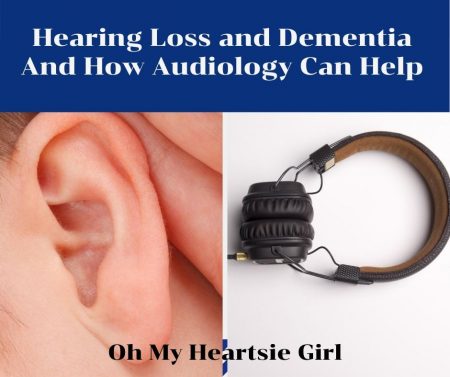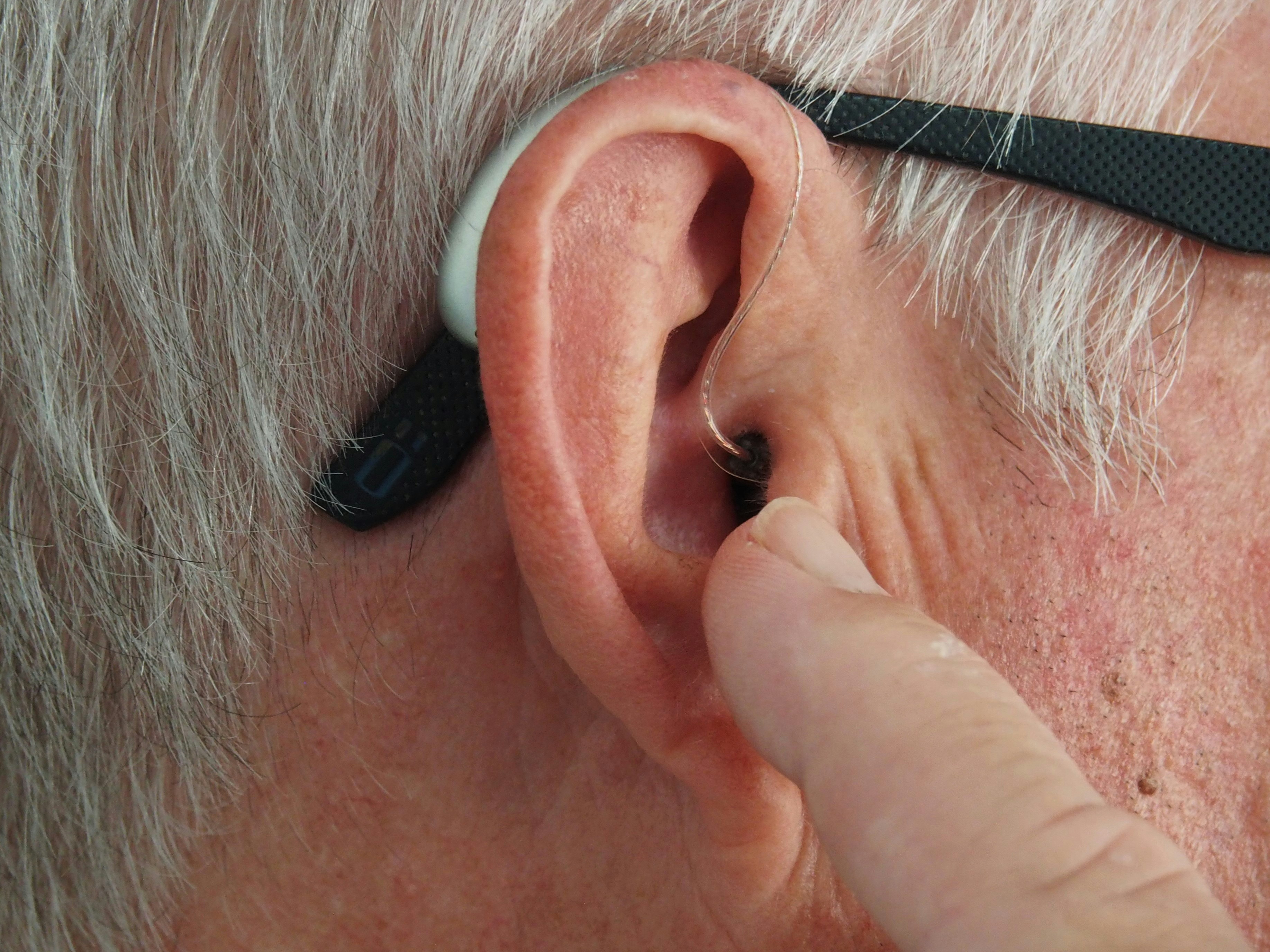 Hearing Loss and Dementia Hearing loss might seem like a relatively harmless condition that only causes mild annoyance between family members. But in actuality, hearing loss can have a serious impact on your health, including walking issues and even dementia.
Hearing Loss and Dementia Hearing loss might seem like a relatively harmless condition that only causes mild annoyance between family members. But in actuality, hearing loss can have a serious impact on your health, including walking issues and even dementia.
Around 30% of adults aged 65 and older and 55% of adults over the age of 80 exhibit some degree of hearing loss. With the population of older adults expected to balloon over the next few decades, so too may the population of those with hearing problems. An estimated 580 million people globally are expected to suffer from age-related hearing loss by 2050. One of the major concerns associated with the world’s growing population of hearing loss is dementia.
The Connections Between Hearing Loss and Dementia

Several studies have demonstrated that an individual’s hearing ability increases their chances of developing dementia. Findings have concluded that older adults with hearing loss are more likely to develop dementia than those with an average hearing ability. In fact, for adults aged 60 and over, 36% of their dementia risk is linked to hearing loss. Men with hearing loss are particularly impacted as research indicates they are 69% more likely to develop dementia than those without hearing impairments.
The risk of developing dementia increases if the hearing loss worsens as well. Those with mild hearing problems (a 25-decibel loss of hearing) are twice as likely to develop dementia compared to people with normal hearing. The risk triples in individuals with a moderate hearing impairment and increases five-fold in adults with a severe hearing impairment. With every 10-decibel increase in hearing impairment, the risk of developing dementia grows by 20%.
No definitive link exists between hearing impairment and dementia so researchers cannot say with absolute certainty that hearing problems lead to or cause dementia. However, both conditions do share similar attributes like confusion, stress, frustration, different ways of communicating, and increased difficulty completing tasks.
The Theories Behind Hearing Loss and Dementia
Despite a lack of direct evidence between hearing ability and dementia, four theories suggest there may be some correlation. The first theory dictates that the loss of hearing and cognitive decline occur in conjunction with each other because they may share a common cause. A second link suggests that a hearing impairment changes the brain structure because when the hearing part of your brain is no longer functioning, then tissue loss can happen. The third theory surmises that when a person experiences hearing problems, other parts of their brain go into overload mode in order to compensate for the hearing impairment. If your brain struggles every day to communicate with others, then other parts of your cognitive abilities may work less and begin to decline. And the final theory suggests possible social isolation from a hearing impairment or hearing problems can contribute to dementia and cognitive decline.
How Audiology Can Help

With the potential dementia risk, untreated hearing loss is a significant health concern for older adults. That’s why seeing your audiologist for a hearing test is so crucial. An audiology test can determine the degree of hearing loss and what can be done to improve your hearing.
Many treatment options are available if you do experience some type of hearing loss, such as cochlear implants and hearing aids. Despite hearing impairments being a widespread problem, only one in seven Americans 50 years old and over use hearing aids. Although some people might have a negative perception of hearing aids, research suggests these devices may help reduce symptoms associated with dementia while improving hearing. A study by the American Journal of Epidemiology found that hearing aids actually reduced the speed of memory decline and improved the quality of life for hearing-impaired Alzheimer’s patients.